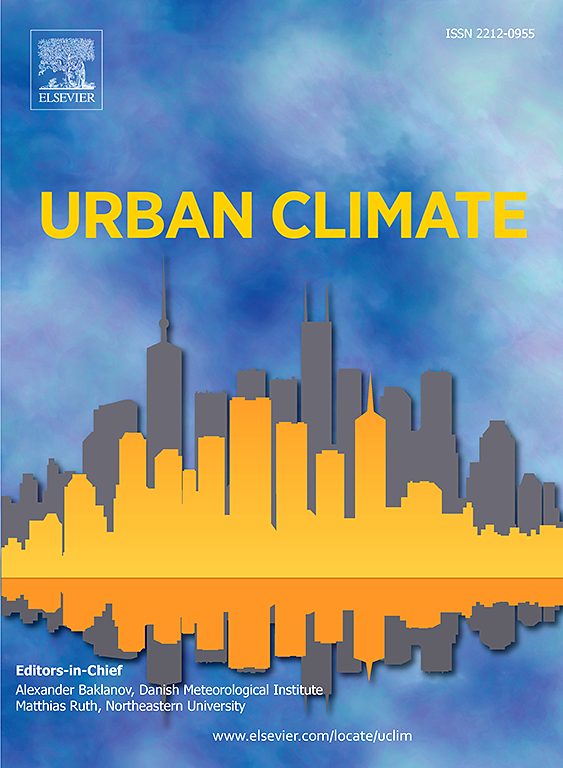从实践者的角度看海平面上升对浅层地下水的影响:对基础设施资产管理和气候适应的影响
IF 6
2区 工程技术
Q1 ENVIRONMENTAL SCIENCES
引用次数: 0
摘要
气候变化导致海平面上升,沿海洪水和其他灾害对沿海社区和基础设施构成了前所未有的威胁。海平面上升对沿海浅层地下水的影响以及随之而来的对基础设施资产的影响是一个尚未被充分了解的挑战。我们对来自城市到地区级政府组织的基础设施工程师、资产管理人员和气候适应科学家进行了半结构式访谈,以了解他们对浅层地下水影响的理解,以及对新西兰当前和预期问题的适应对策。研究表明,地下水已经给基础设施资产管理者带来了挑战。这些问题包括盐水入侵、洪水、液化危险增加、雨水的脆弱性、废水管理、排水系统和海岸保护以及长期规划和融资。气候变化和海平面上升将加剧这些当前和未来的问题。一个关键问题是,面对日益增长的气候风险带来的新挑战,谁来承担浅层地下水管理的责任。本研究强调,目前管理地下水变异性的方法将继续应用于未来的适应战略中。此外,地下水监测和基础设施资产管理等适应方法受限于技术理解的程度较低,而受限于政治和经济因素的程度较高。本文章由计算机程序翻译,如有差异,请以英文原文为准。
Practitioner perspectives on sea-level rise impacts on shallow groundwater: Implications for infrastructure asset management and climate adaptation
Climate change is causing sea levels to rise, posing an unprecedented threat to coastal communities and infrastructure from coastal flooding and other hazards. The impact of sea-level rise on coastal shallow groundwater and subsequent impacts on infrastructure assets is a challenge that is not well understood. Semi-structured interviews were conducted with infrastructure engineers, asset managers and climate adaptation scientists from city- to regional-scale government organisations to capture their understanding of shallow groundwater impacts and adaptation responses to these current and anticipated issues in New Zealand. The study shows that groundwater already poses challenges to infrastructure asset managers. These issues are saltwater intrusion, flooding, increased liquefaction hazard, vulnerability of stormwater, wastewater management, drainage systems and coastal protection and long-term planning and financing. Climate change and sea-level rise will exacerbate these current and future issues. A key issue is who will take responsibility for shallow groundwater management in the face of new challenges from growing climate risks. This study highlights current approaches to manage groundwater variability will continue to be applied in future adaptation strategies. Further, groundwater monitoring and infrastructure asset management approaches to adaptation are limited less by technical understanding and more by political and economic considerations.
求助全文
通过发布文献求助,成功后即可免费获取论文全文。
去求助
来源期刊

Urban Climate
Social Sciences-Urban Studies
CiteScore
9.70
自引率
9.40%
发文量
286
期刊介绍:
Urban Climate serves the scientific and decision making communities with the publication of research on theory, science and applications relevant to understanding urban climatic conditions and change in relation to their geography and to demographic, socioeconomic, institutional, technological and environmental dynamics and global change. Targeted towards both disciplinary and interdisciplinary audiences, this journal publishes original research papers, comprehensive review articles, book reviews, and short communications on topics including, but not limited to, the following:
Urban meteorology and climate[...]
Urban environmental pollution[...]
Adaptation to global change[...]
Urban economic and social issues[...]
Research Approaches[...]
 求助内容:
求助内容: 应助结果提醒方式:
应助结果提醒方式:


